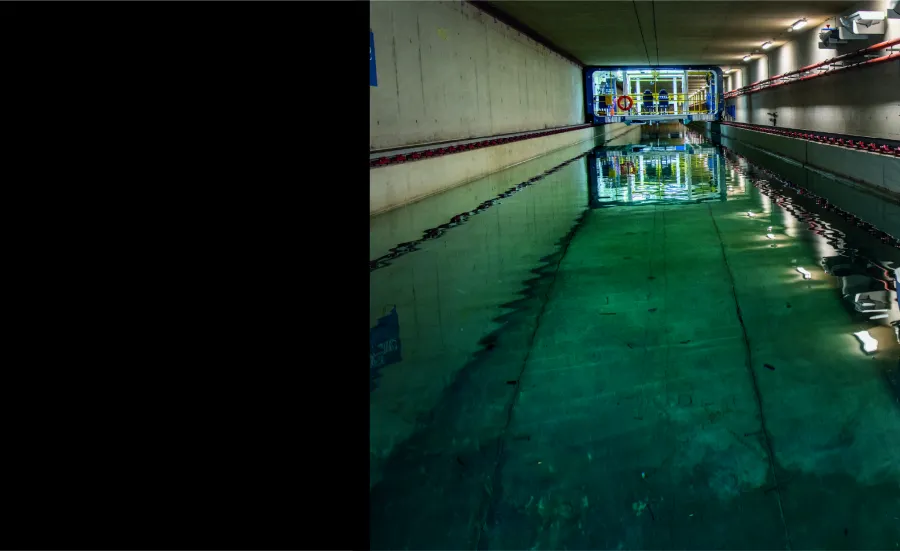About this course
Study ocean energy and offshore engineering on this MSc course at the University of Southampton. This master’s degree will give you expert knowledge about the science behind natural energy resources. You’ll be well prepared for a range of offshore engineering specialisms, and will graduate with the skills to move into a career in the maritime sector.
This Maritime Engineering Science: Ocean Energy and Offshore Engineering MSc is one of 5 maritime engineering science specialisms you can study at the University of Southampton.
On this pathway you’ll carry out structural and hydrodynamic analyses for offshore engineering of fixed and floating structures. You’ll focus on how to incorporate feasibility analysis of designs and probabilistic theory of the operating climate.
Discover the role of thermo-fluid processes in technologies which use hydrocarbon fuels in a sustainable way. These include clean combustion, carbon capture and storage, and oil and gas recovery.
You'll learn about the development of technology for these applications through physical insight and engineering methods covering:
- heat and mass transport
- chemically reacting flows
- multi-phase flows
- porous media flows
We’ll teach you about turbines for low and high-head hydroelectric schemes and explain the role of marine energy in the offshore environment. This includes installation and system survivability. Through design and lab assignments, you’ll explore the physics and methods behind assessing device cost-effectiveness.
Optional modules give you the chance to further your understanding of wind, wave and tidal energy. You’ll study these natural resources and the practical methods for extracting cost-effective electrical and other energy conversions.
We regularly review our courses to ensure and improve quality. This course may be revised as a result of this. Any revision will be balanced against the requirement that the student should receive the educational service expected. Find out why, when, and how we might make changes.
Our courses are regulated in England by the Office for Students (OfS).
Course lead
Your course leader is Dr Gabriel Weymouth, an associate professor for the Southampton Marine and Maritime Institute at the University of Southampton. His main areas of interest are mechanics and maths. He is currently working on unsteady fluid dynamics and nonlinear fluid/structure interaction. Read Dr Weymouth’s staff profile to find out more about his work.
Related pathways
If you'd prefer to study a different specialism, you can apply for one of our other MSc Maritime Engineering Science pathways:
Accreditations
This master's programme is accredited by the Institution of Mechanical Engineers (IMechE), the Royal Institution of Naval Architects (RINA) and the Institute of Marine Engineering, Science and Technology (IMarEST) as meeting the academic requirement for Further Learning, for Chartered Engineer and Chartered Marine Engineer registration. Candidates must hold a BEng/BSc undergraduate first degree that is accredited for Chartered Engineer (CEng) registration to comply with full CEng registration requirements.
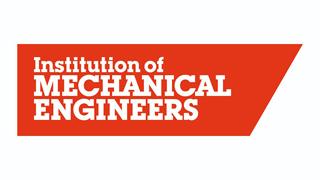
Institution of Mechanical Engineers (IMechE)
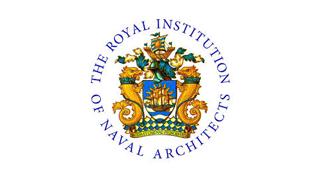
Royal Institution of Naval Architects (RINA)
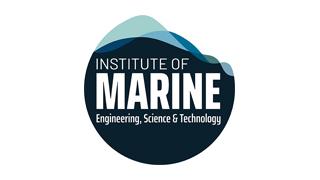
Institute of Marine Engineering, Science and Technology (IMarEST)

Engineering Council
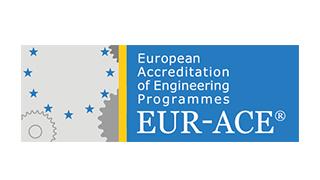
European Accreditation of Engineering Programmes (EAEP)
“I regularly use the knowledge I gained in Southampton in my job while continuing to learn new things. Thanks to this master's degree, I was able to participate in challenging projects to my role as an Offshore Wind Research Engineer at EDF.”
Using the towing tank in your Ship Science degree
Course location
This course is based at Boldrewood.
Awarding body
This qualification is awarded by the University of Southampton.
Download the Course Description Document
The Course Description Document details your course overview, your course structure and how your course is taught and assessed.
